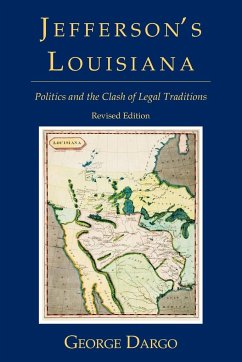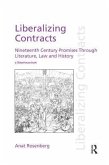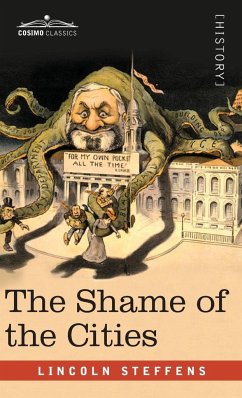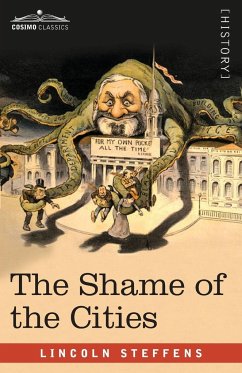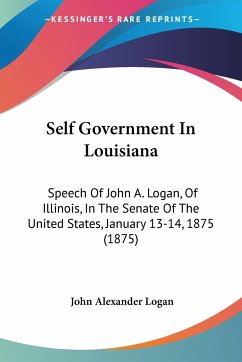The Purchase of all of Louisiana in 1803 brought the new American nation into contact with the French Creole population of the Lower Mississippi Basin. The Spanish called it Baja Luisiana. While the settlement in and around the city of New Orleans (the capital of the province when it was ruled by Spain) was not large, it had well established governmental and legal institutions. Which system of law would prevail in this volatile corner of the North American continent, a region that was distant and strategically vulnerable to rival European powers -- Spain, France and Great Britain - who still coveted the vast empire that was Louisiana? This was one of the most vexing problems that confronted the Administration of Thomas Jefferson. Reflecting contemporary American opinion, Jefferson did not believe that the United States would be able to incorporate Lower Louisiana into the Union on a basis of equality as a separate and independent state until the very character of its people and the institutional foundation of its culture had been thoroughly transformed. The pivotal issue that came to symbolize this conflict was the struggle between Louisiana civil law and Anglo-American common law. That Louisianians would remain committed to their civil law heritage was by no means certain. But the enactment of the Civil Law Digest by the territorial legislature in 1808 was a major event in the evolution of Louisiana's increasingly complex legal regime. Jefferson's Louisiana shows how this important moment came at a time when political forces and outside events joined together to reinforce local determination to resist total Americanization and to preserve Louisiana's established legal culture. The book reconnects a segment of American legal history to the general history of the period. In addition to official records, it also uses archival sources that demonstrate how the struggle between civil law and common law forces affected people who were either outside of, or but marginally connected to, legal and governmental structures. As stated in the Introduction to this revised edition of Jefferson's Louisiana, "The Civil Law Digest of 1808 was not only a foundational legal document but a constitutive cultural moment in historical time - an effort by the people of Louisiana to preserve language, culture, and historical memory as well as law." George Dargo grew up in Brooklyn, New York. A graduate of Erasmus Hall High School and Columbia College, he completed his Doctorate in the Department of History at Columbia University and, later, earned his law degree at Northeastern University. His previous books include Roots of the Republic, Law in the New Republic, and A History of the U.S. Court of Appeals for the First Circuit. He now teaches law at New England Law/Boston. Along with his wife Lois, he lives in Brookline, Massachusetts. "This penetrating book, first published in 1975, has already influenced and shaped the work of a whole generation of historians and scholars. With this new revised edition published by The Lawbook Exchange, its influence will continue and increase. George Dargo's work remains the indispensable point of departure for those who wish to understand the complex and contingent historical forces at play in Louisiana's successful retention of its civilian legal heritage. A valuable feature of this revised edition is a new introductory essay from the author summarizing and evaluating in a most lucid and balanced way the various debates among scholars that have appeared or continued since the original edition. And the timing of this publication seems perfect-given the recent celebration of the Bicentennial of the Digest of 1808, which itself embodied the "clash of legal traditions." Vernon Valentine Palmer Thomas Pickles Professor of Law, Tulane University.
Bitte wählen Sie Ihr Anliegen aus.
Rechnungen
Retourenschein anfordern
Bestellstatus
Storno

